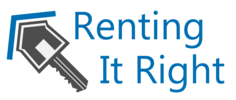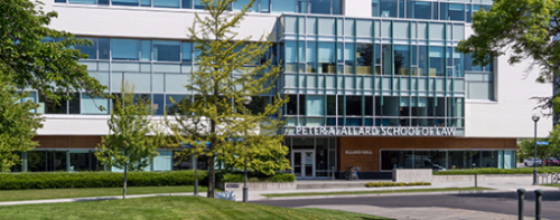New Online Education for BC Tenants
 The Tenant Resource and Advisory Centre (TRAC) and the Justice Education Society are pleased to announce the launch of a new online course for tenants, Renting it Right! Designed for first-time renters, the course covers both practical and legal topics to consider before deciding to rent. Course participants will learn about:
The Tenant Resource and Advisory Centre (TRAC) and the Justice Education Society are pleased to announce the launch of a new online course for tenants, Renting it Right! Designed for first-time renters, the course covers both practical and legal topics to consider before deciding to rent. Course participants will learn about:
- Needs and preferences- understanding rental expenses, creating a budget, and thinking about unique requirements;
- Searching for rental housing;
- Submitting a strong application;
- Signing a tenancy agreement; and
- Moving in.
Securing rental housing can be a challenge, especially for those who have never rented in BC, or who lack recent references. Renting it Right aims to help renters find the place that is right for them. The video-based course guides BC residents through the rental process, in preparation for submitting a strong rental application. Course participants who pass the final exam will earn a certificate to present to landlords.
By learning about the rights and responsibilities that come with signing a tenancy agreement, renters will be better equipped to avoid problems once they move in. Part one of Renting it Right educates BC residents on what they need to know before moving in. Part two (coming soon!) will cover the basics of a tenancy from start to finish.
David Hutniak, CEO of LandlordBC, says that “Renting it Right is a great new resource that will help renters succeed in their tenancies”. LandlordBC has endorsed the course, and encourages landlords to recognize the certificate when presented with a rental application.
“We are committed to online education for everyday activities, like renting,” said Rick Craig, Executive Director of the Justice Education Society. “Renting it Right will help first-time renters make smart decisions and avoid legal problems”.
Renting it Right is available free at RentingItRight.ca. Register today to learn about renting in BC and earn a certificate!
For comments on the course, please contact:
Acting Executive Director
TRAC Tenant Resource and Advisory Centre
604-255-3099 ext. 228




